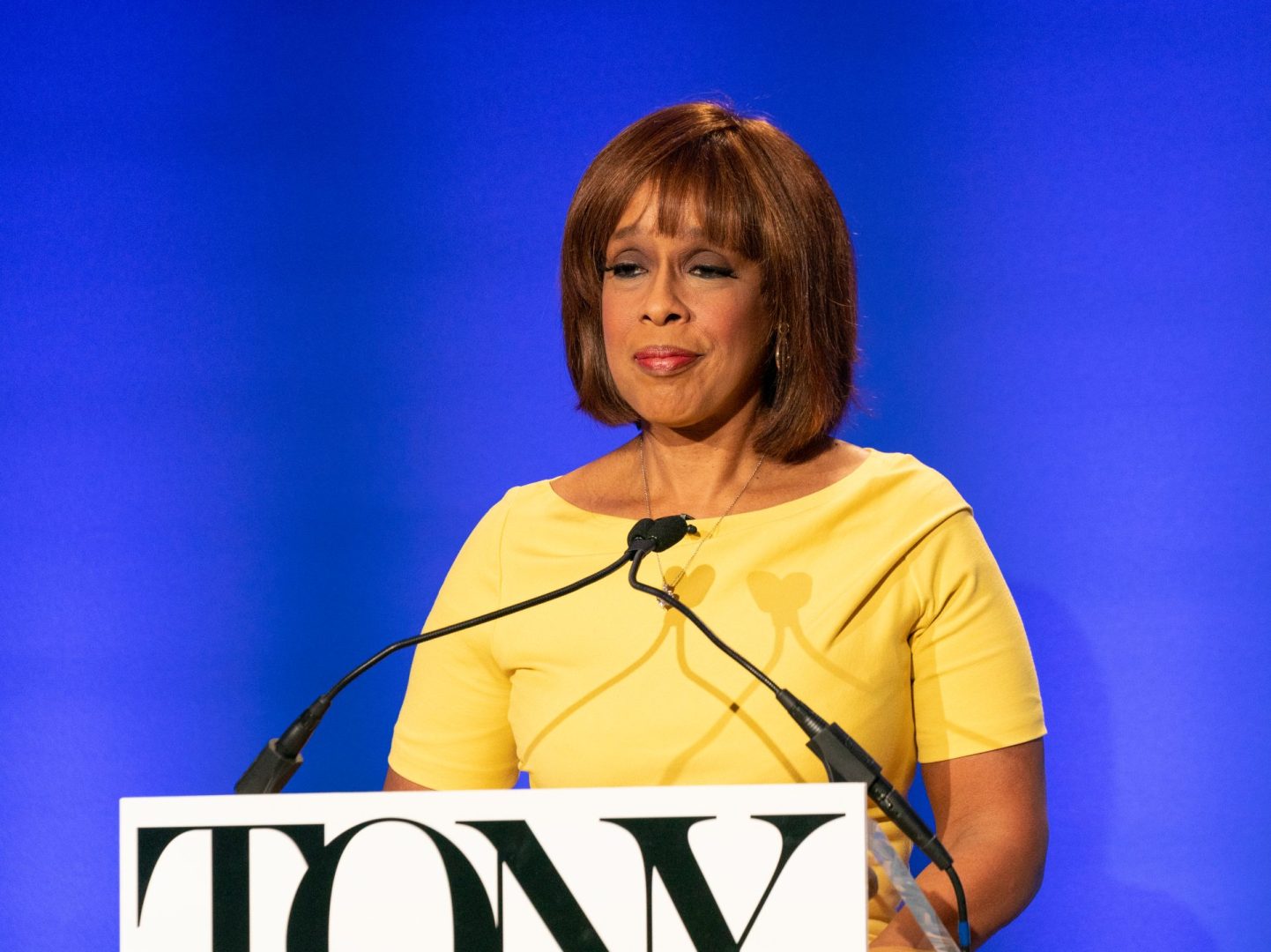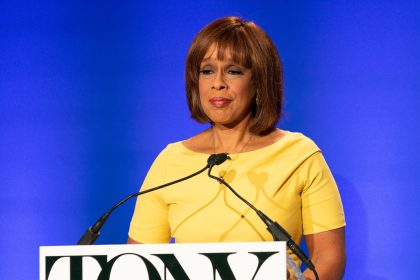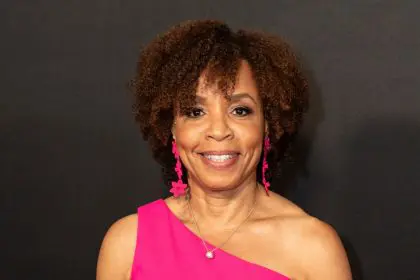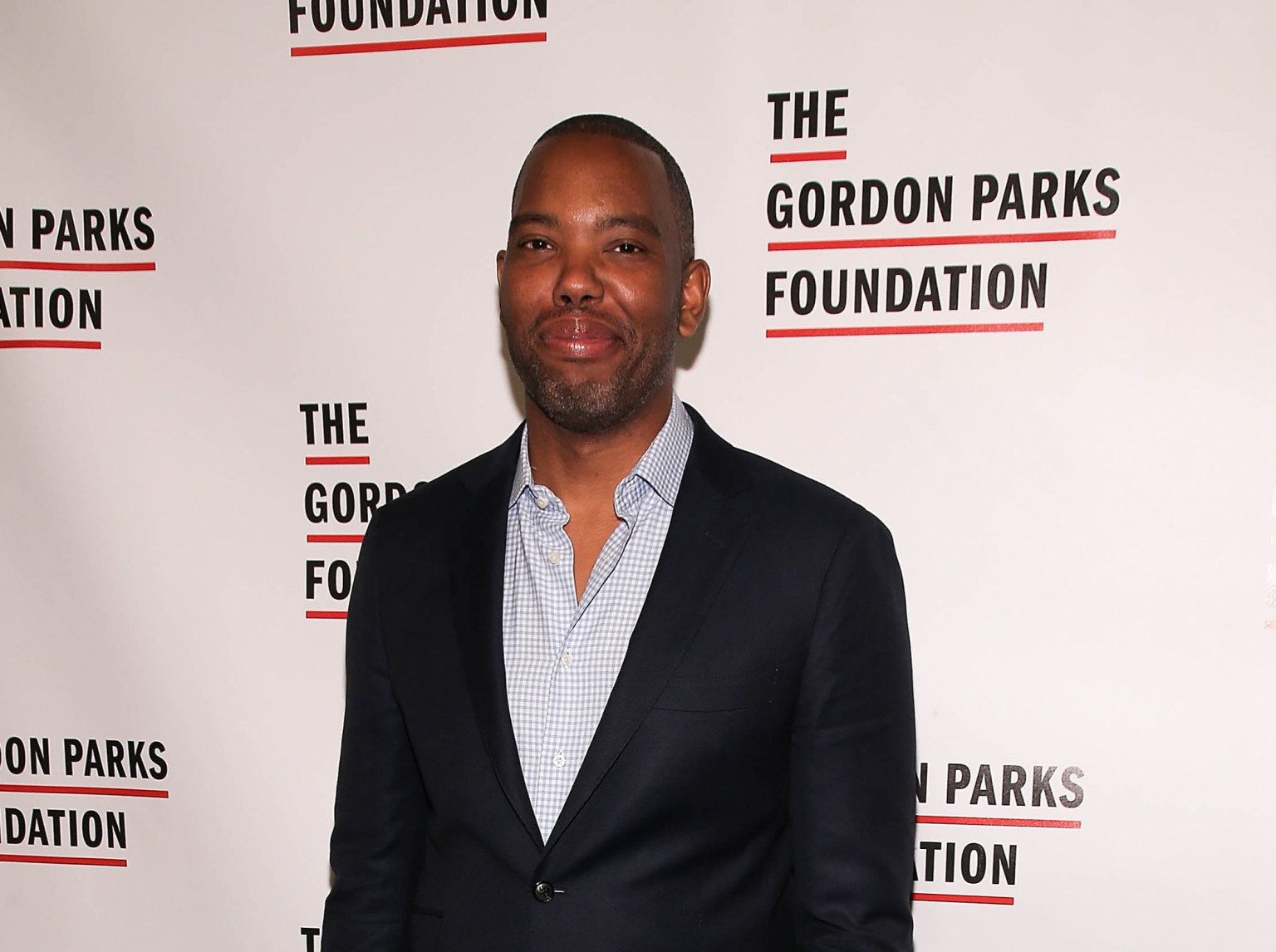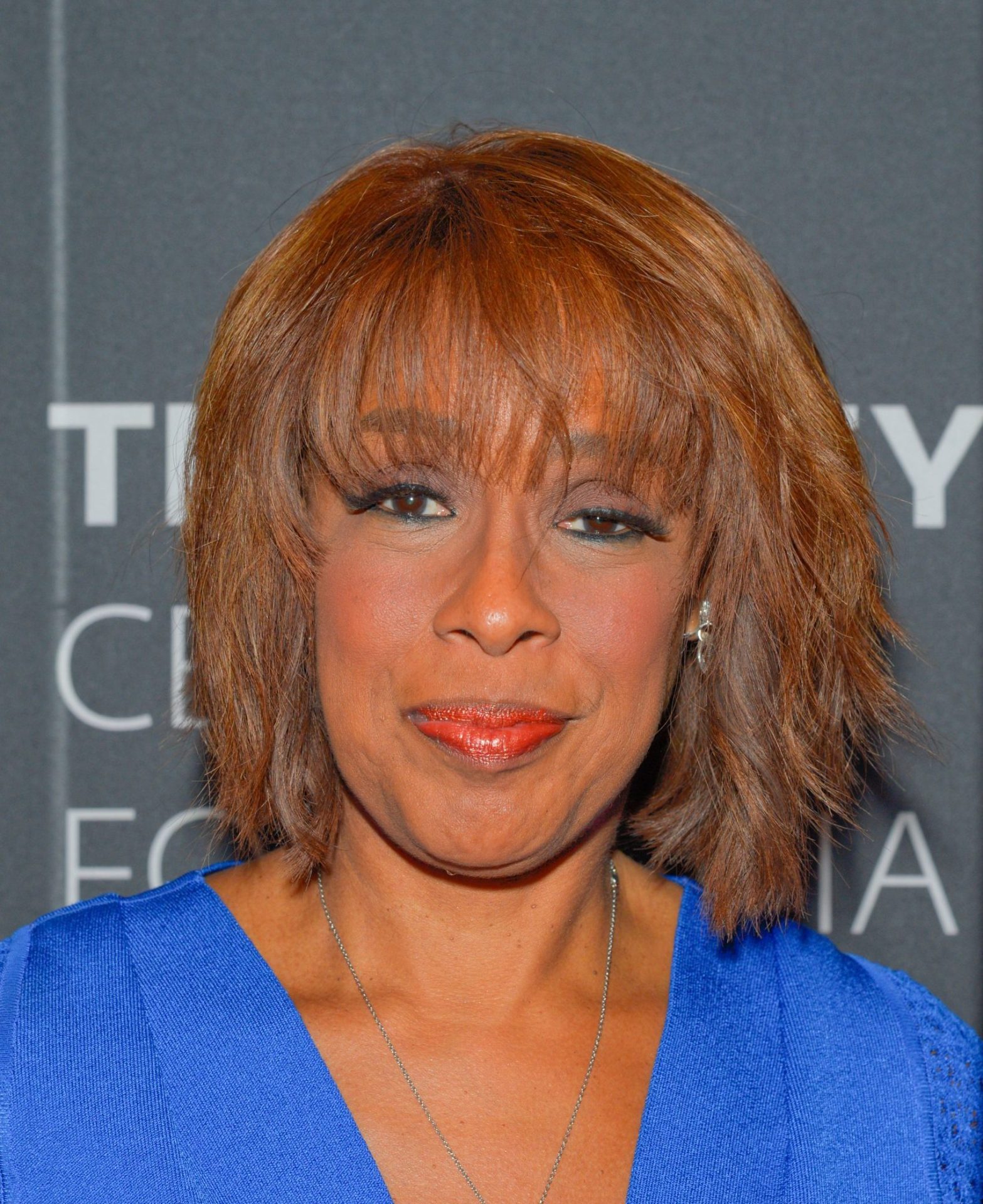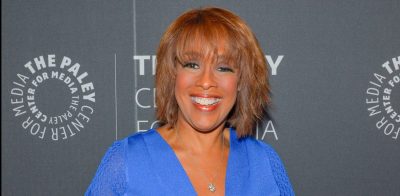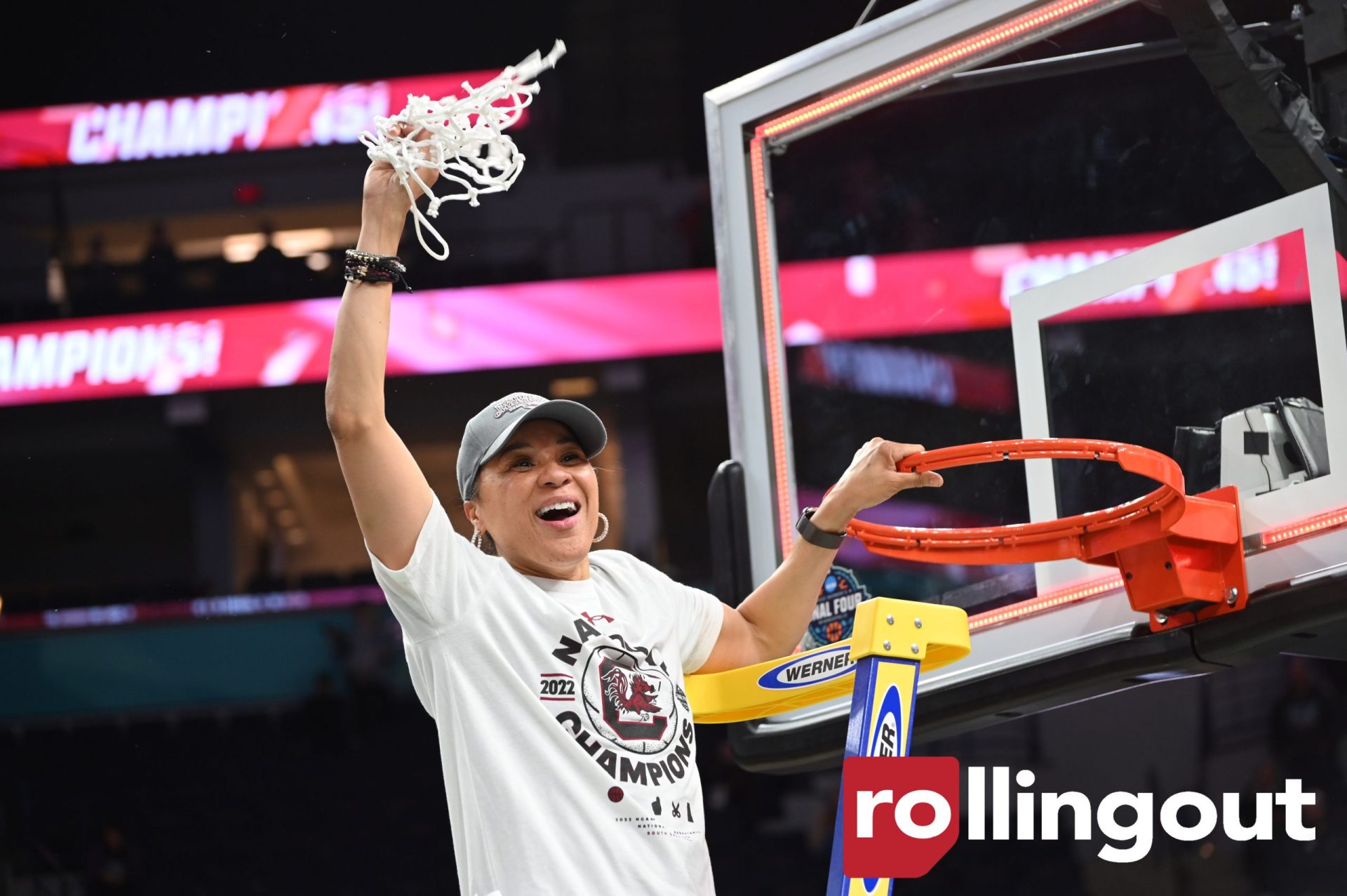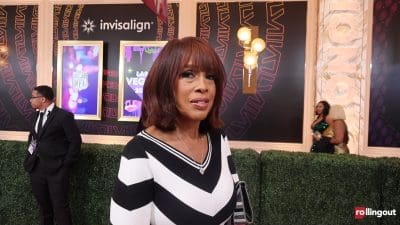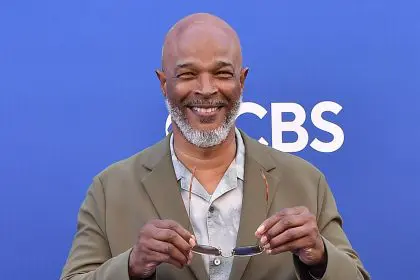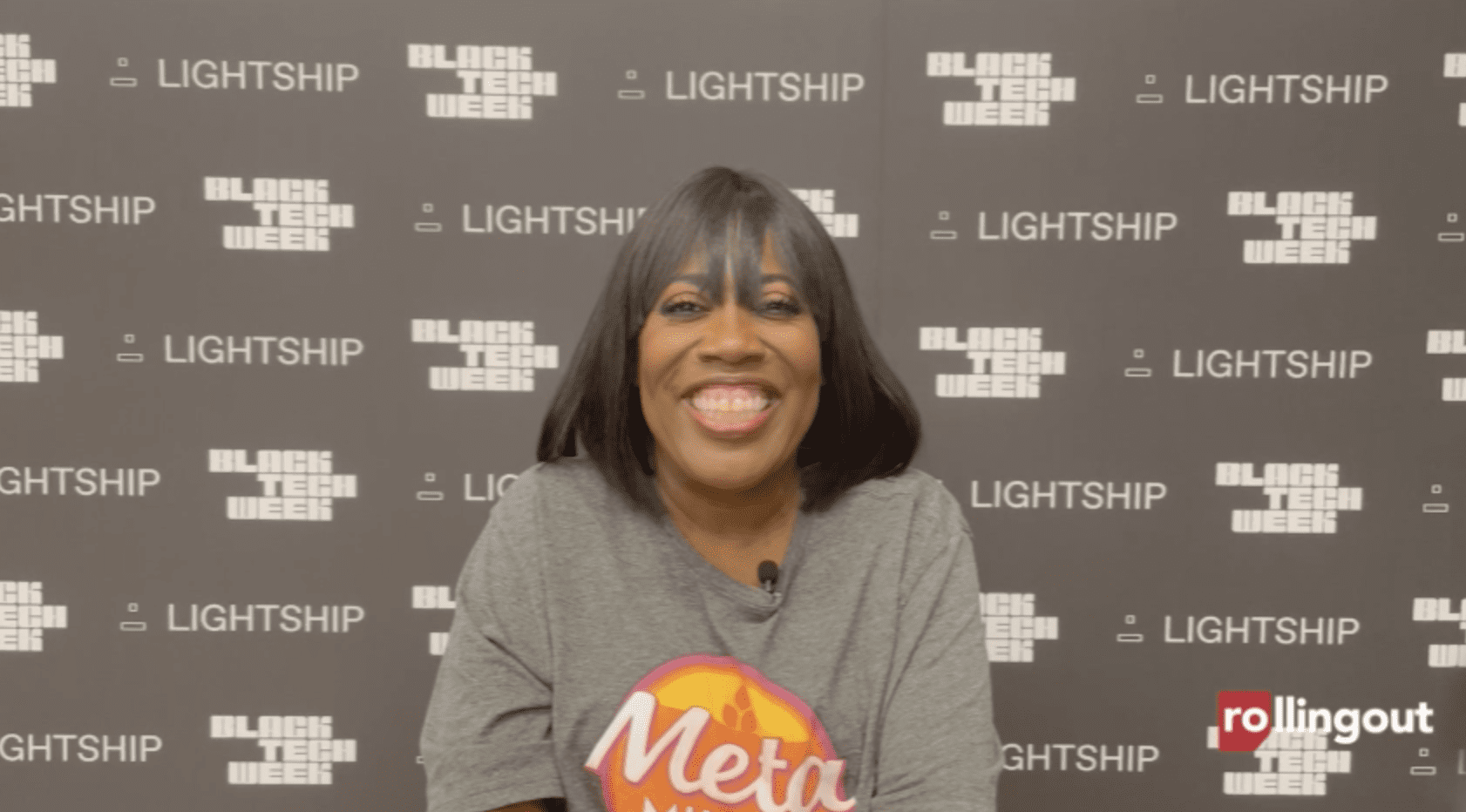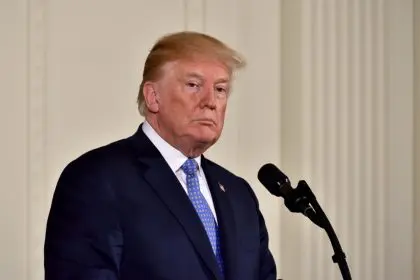Renowned journalist Gayle King is under fire following a September interview with author Ta-Nehisi Coates on CBS Mornings. The controversy stems from the interview’s conduct and subsequent revelations about King’s preparation.
During the interview promoting Coates’ book The Message, co-host Tony Dokoupil, who is Jewish, pressed Coates on a section critiquing Israel’s treatment of Palestinians. Dokoupil’s questioning style was perceived by many as confrontational and biased, dominating the segment and leaving King with only one question.
The situation escalated when Coates revealed on Trevor Noah’s podcast that King had shared her questions with him backstage. This admission prompted criticism from former CBS reporters, who argued such behavior violates journalistic standards. “If she was showing him specific lines of questioning in advance, that would violate journalistic standards,” one former reporter stated.
Public reaction was swift and critical. Social media users questioned King’s journalistic integrity, with comments ranging from skepticism about her credentials to outright dismissal of her credibility.
Despite the backlash, a spokesperson for CBS Mornings defended King, “Gayle King is one of the most respected journalists in America. She is known for her thorough preparation and note-taking,” they said. The statement highlighted King’s journey from a psychology graduate to her current role at CBS.
Coates himself defended King on Noah’s podcast, emphasizing her professionalism and preparation. “Gayle King is a great journalist and a great interviewer. She had gone through the book and was prepared with her handwritten notes,” he stated. Coates expressed sympathy for King and co-host Nate Burleson, suggesting the interview’s dynamics were not entirely within King’s control.
This controversy underscores the delicate balance journalists must maintain when covering complex topics. It raises questions about media ethics, transparency in journalism and the responsibilities of media professionals.
The incident highlights growing public scrutiny of media practices and perceived biases in reporting. It also reflects the challenges journalists face in maintaining objectivity while navigating contentious subjects.
As the situation unfolds, it remains to be seen how CBS and King will respond to the criticism and whether any changes will be made to their journalistic practices. The controversy serves as a reminder of the importance of ethical journalism in maintaining public trust and credibility.
This incident also opens up broader discussions about the nature of modern journalism, the role of personality-driven news programs and the expectations audiences have for transparency and fairness in media reporting.
As media landscapes continue to evolve, incidents like these prompt important conversations about journalistic standards, the preparation process for interviews and the balance between building rapport with subjects and maintaining objectivity.

